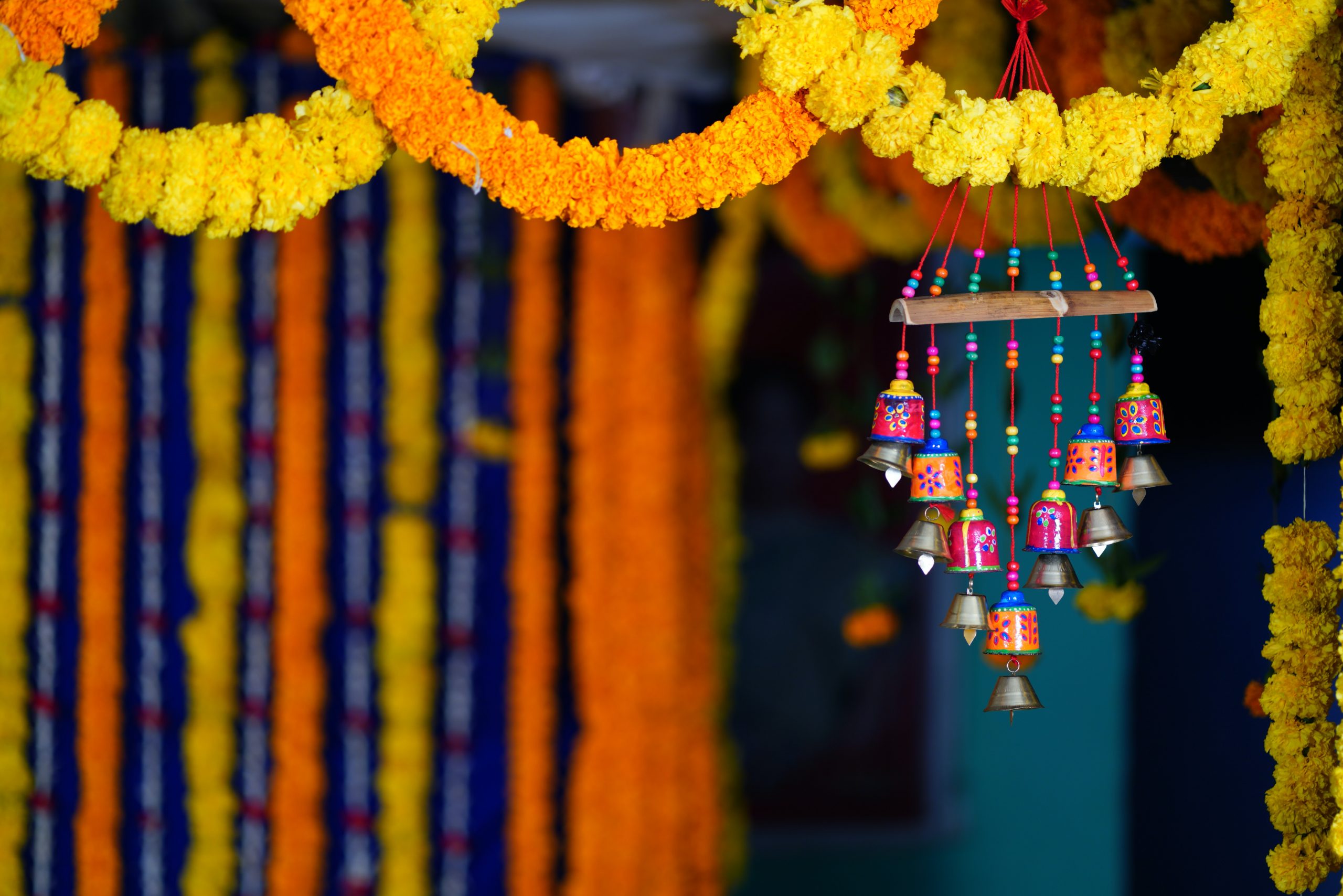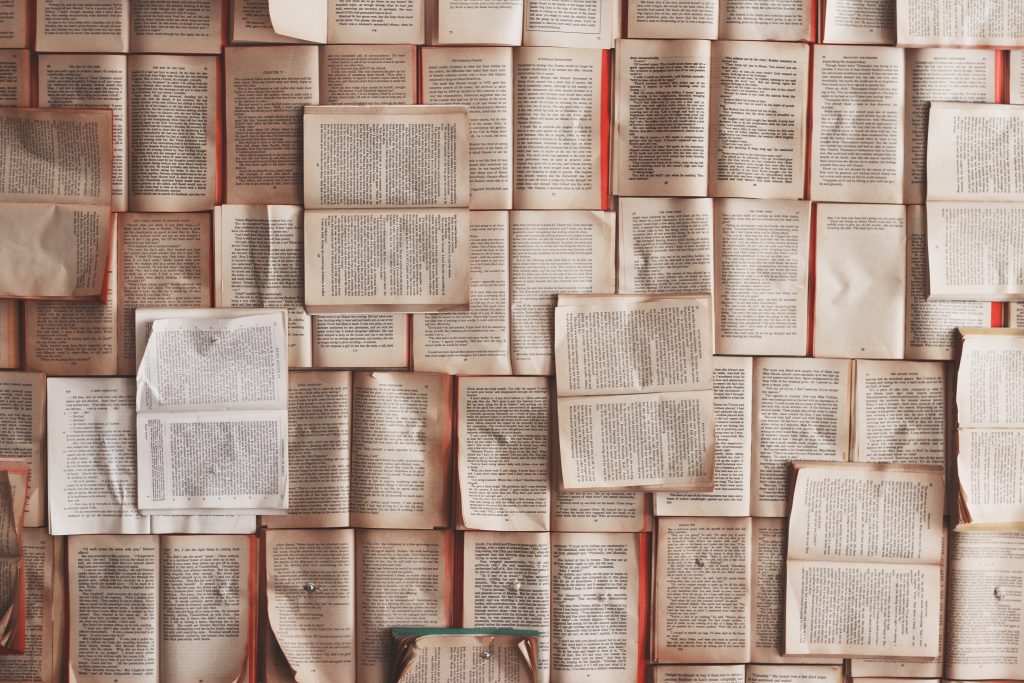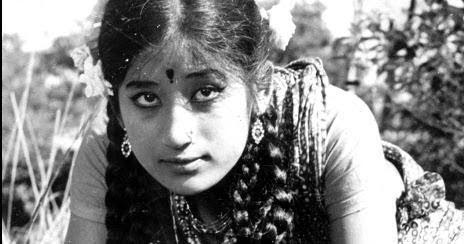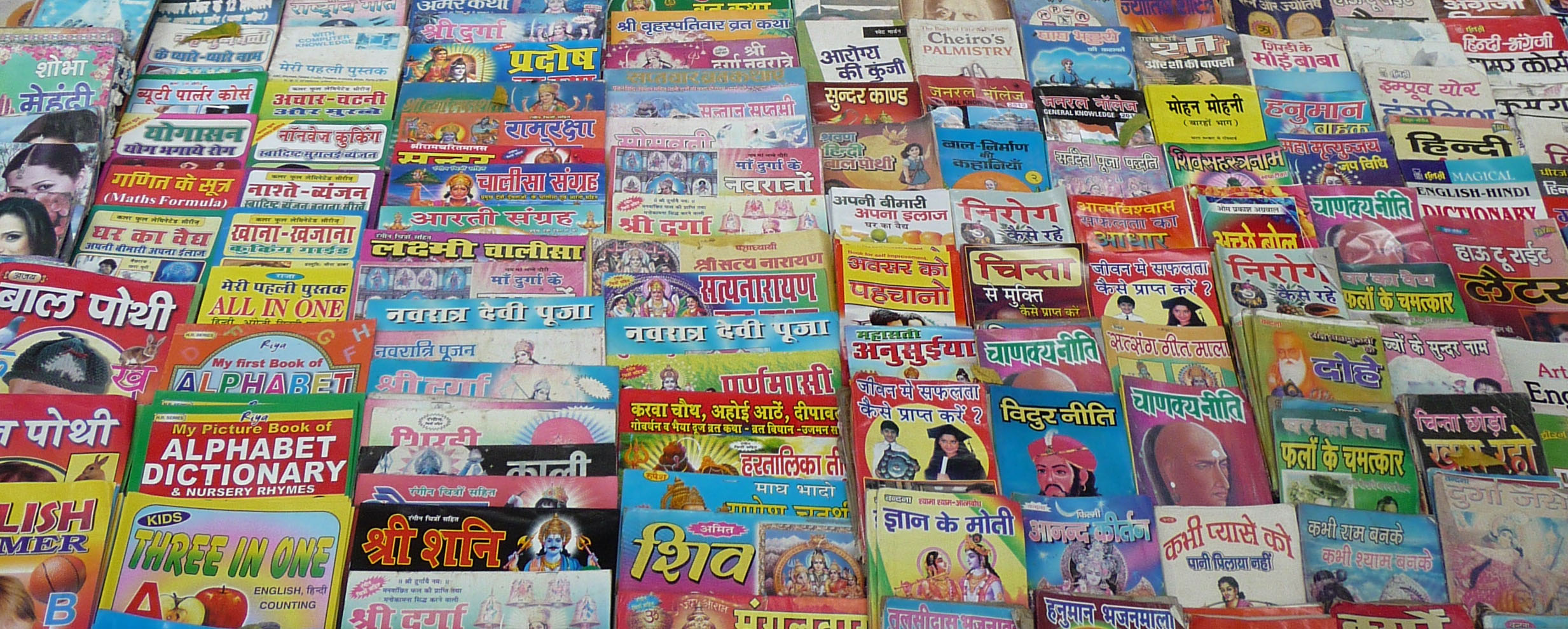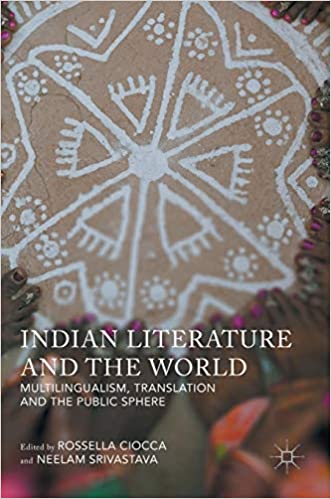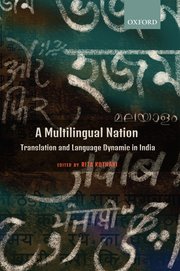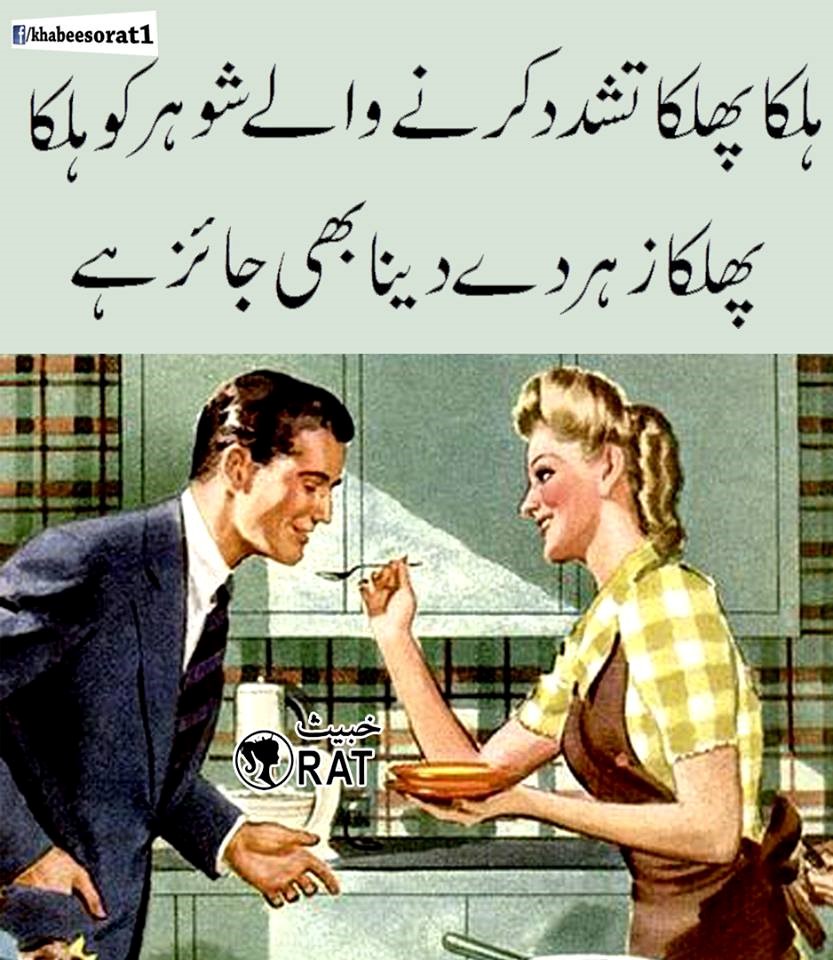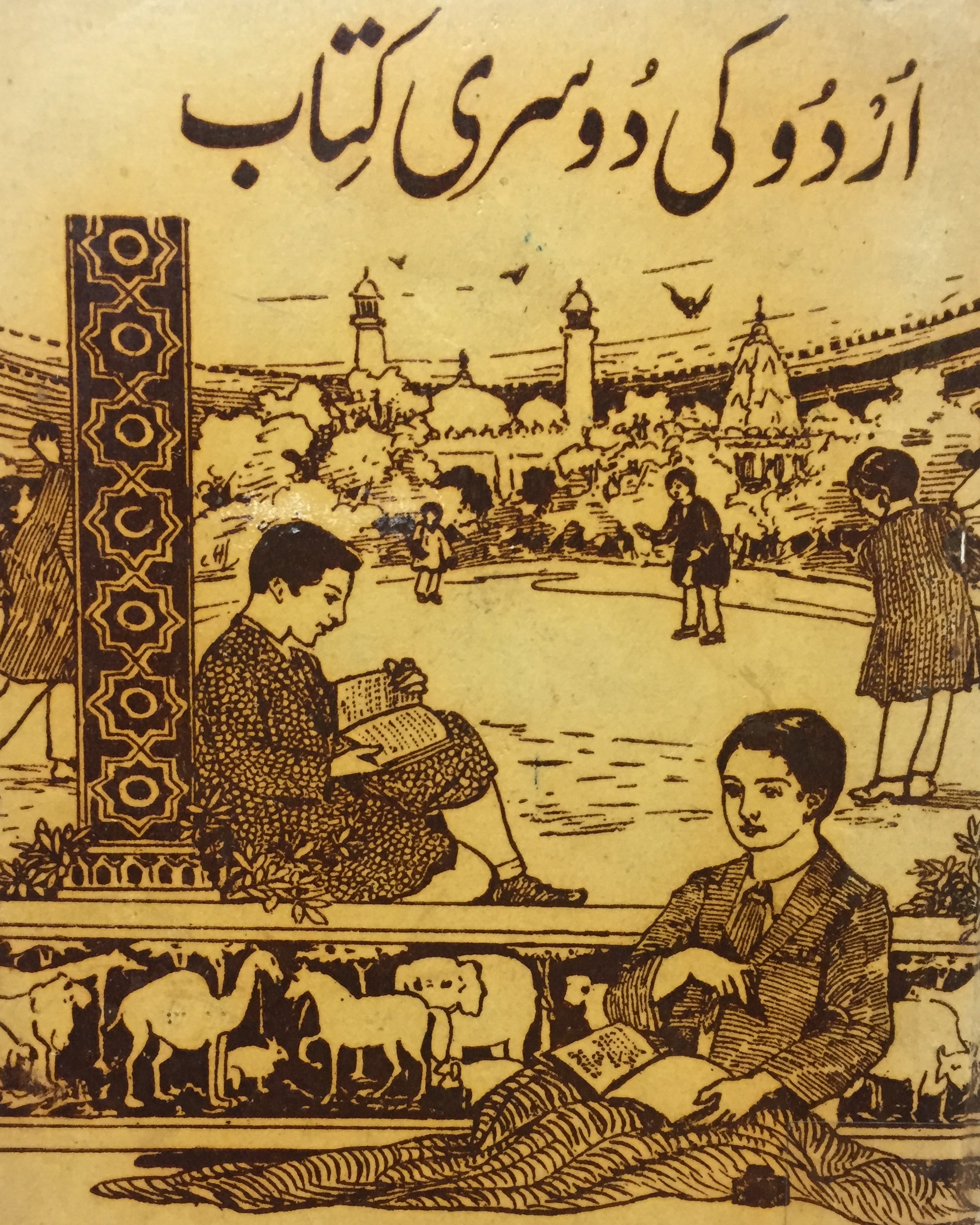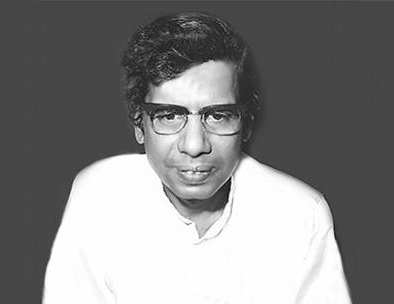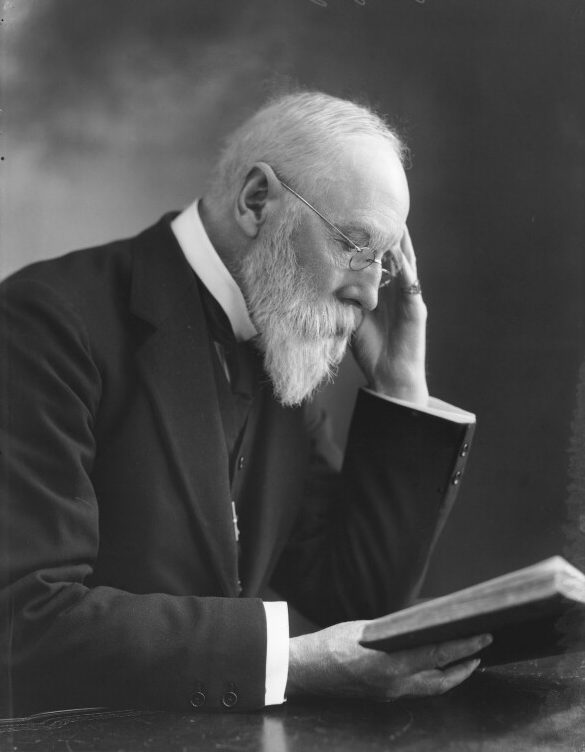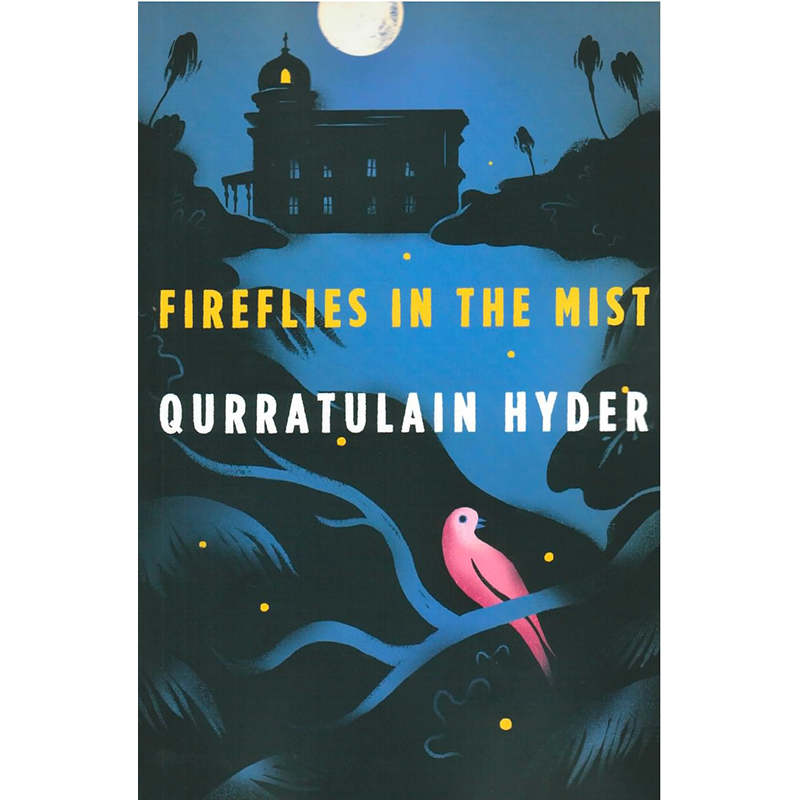.
North India had been a major participant in the Persian cosmopolis; the older parallel expansion and cultivation of literary production in Persian and various forms of the vernacular (in multiple scripts) persisted even as in the 19th century English gradually imposed itself as the new High language and as the model of literary modernity, and Hindi and Urdu codified their own historical narratives in competition with each other. Persian literature was subsequently marginalised and the old Persian-Hindi diglossia disavowed. Despite persistent low literacy, from the 1860s publishers in north India were multilingual and active in South Asia and beyond, and a heterogeneous print culture developed consisting of joint journal-and-book-publishers, theatre chapbooks and songbooks. The English colonial library also had a large lucrative market here, and early global writers like Kipling made north India part of the “significant geography” of English literature.
The MULOSIGE Readings from North India privilege the short story, translations and literary debates on world literature in Hindi, Urdu, and English journals; “readerly contacts” with English and other foreign and Indian literatures and transculturations; and on the inclusion/exclusion of orature from literary canons.
MULOSIGE also provides extensive translations of Progressive and Modernist Urdu Poetry, as well as translated Urdu Perspectives on World Literature.
Khabees Orat: A reflection on bi-cultural humour
The character “Khabees Orat. portrays the opposite of what an average Pakistani woman is expected to be, in return becoming the representation of the inner voice of a large majority of local women. ” Where “orat” can literally be translated into “woman”, “Khabees” is a combination of “notorious,” “wicked, “dishonorable,” “devilish” and “corrupt” qualities.
Making the child ‘sharīf’ in Urdu textbooks – Muslim, yet not Islamic
Sumaira Nawaz reflects on Urdu educational texts in colonial North India and how they informed new sensibilities and identities across religious divides
Women poets of Ancient Greece, India, and Eritrea: a comparison across time and space
Tedros Abraham takes us on a journey across time and continents, comparing the way three women poets in Ancient Greece, India and Eritrea claim immortality through their poems and rebel against social norms
Discovering eco-criticism in Hindi: Renu’s Tale of a barren land
In an ecocritical reading of Hindi author Phaniswarnath Renu, Amul Gyawali explores the dichotomies in his writing: state-society, centre-periphery and, crucially, man-nature
Reading group with Javed Majeed (King’s College London)
Javed Majeed joined us for an informative and enjoyable reading group where we discussed his work on the Linguistic Survey of India and its superintendent, George Grierson.
Entangled Histories: Qurratulain Hyder’s Fireflies in the Mist
When does a book become part of world literature? When it is translated into a major language, published by a metropolitan publisher and endorsed by renowned writers? So why has Qurratulain Hyder’s novel failed to register?


